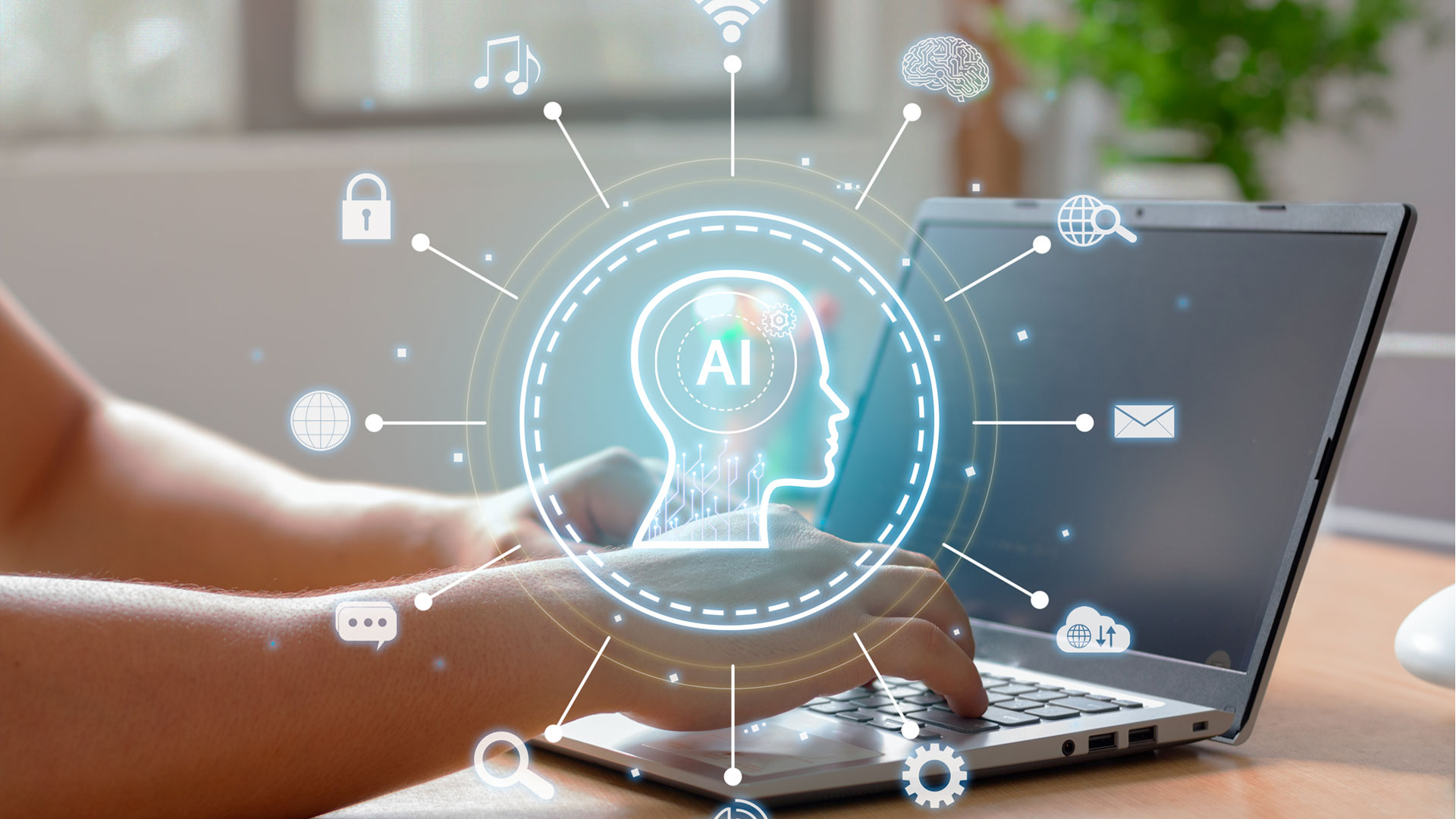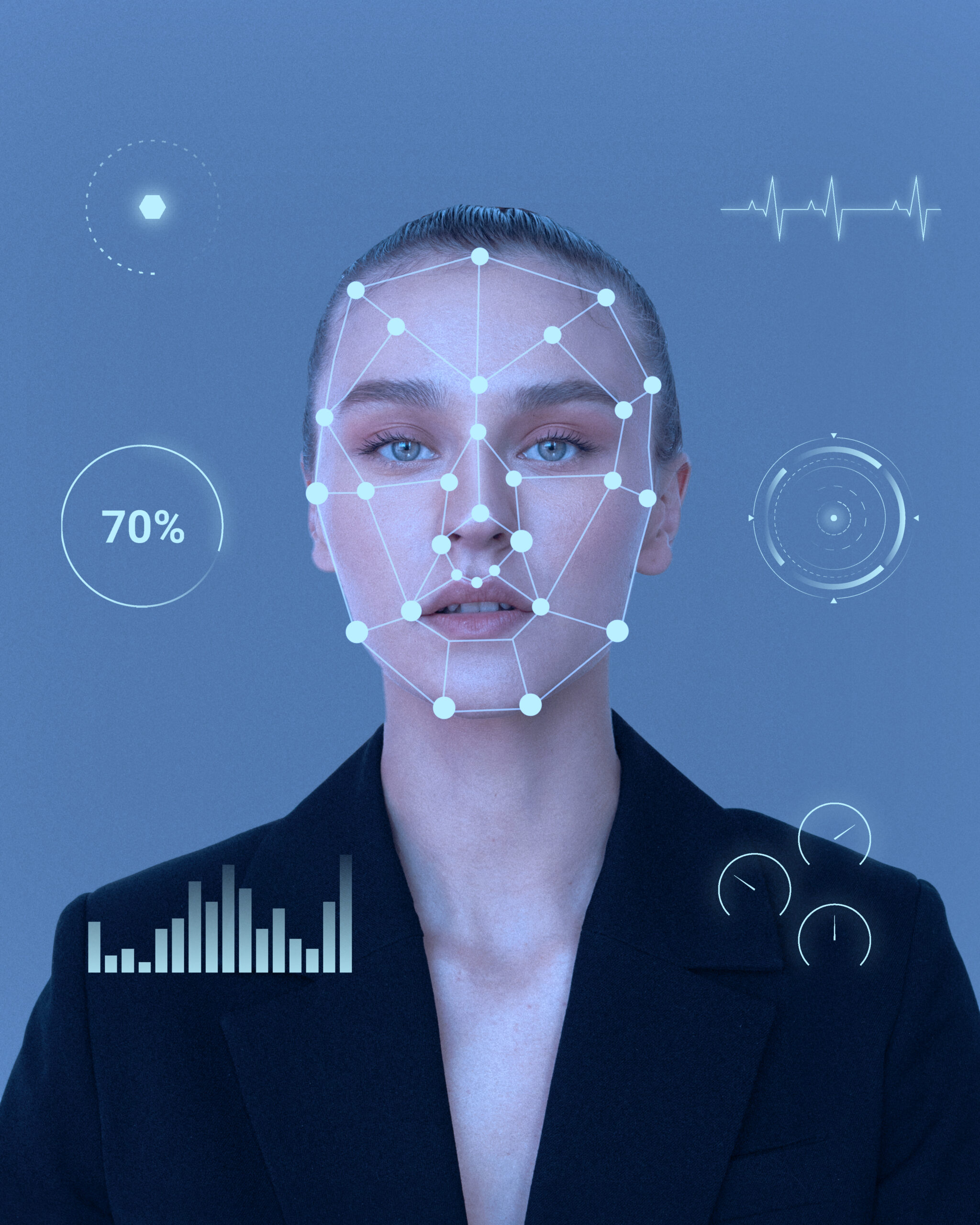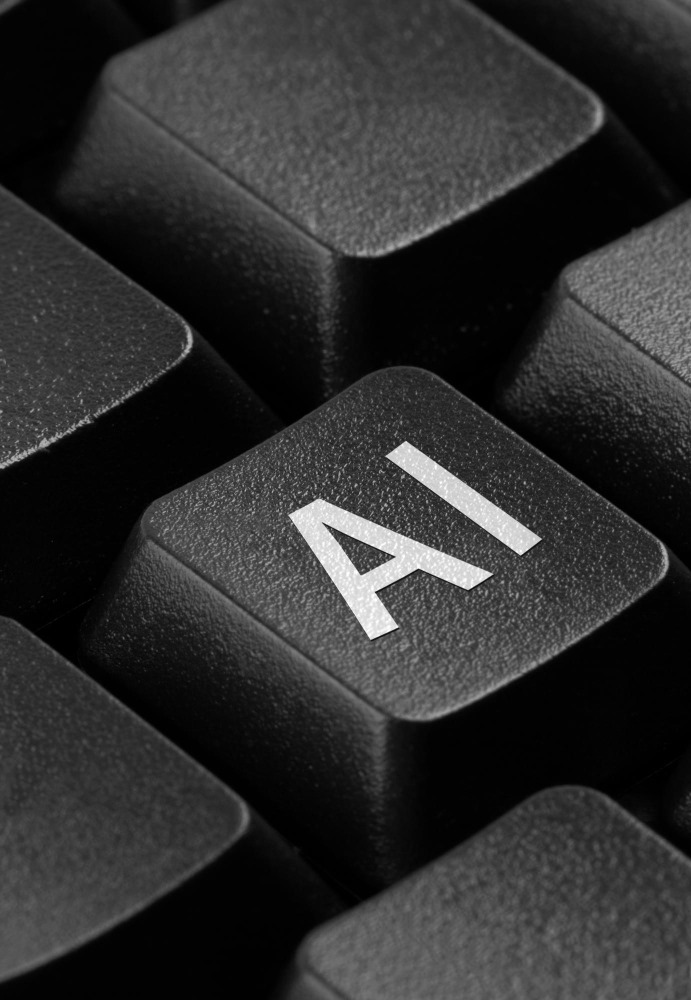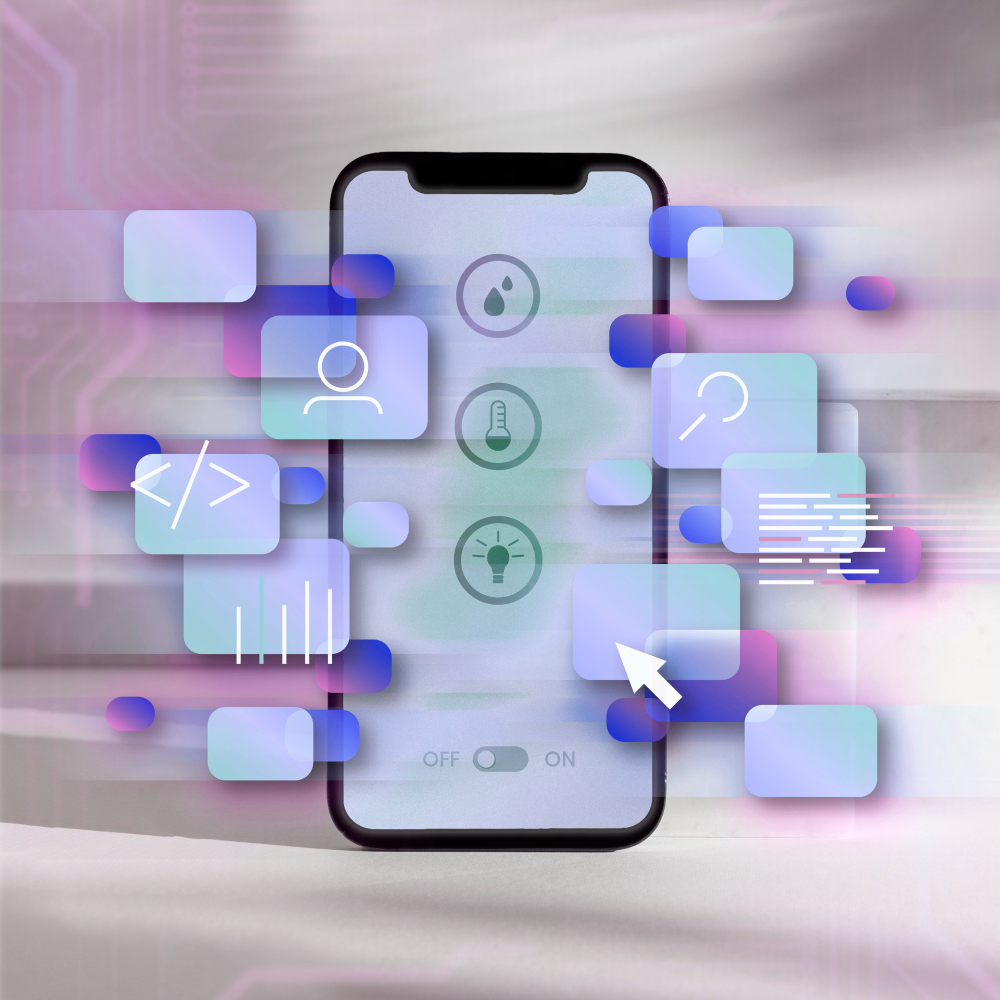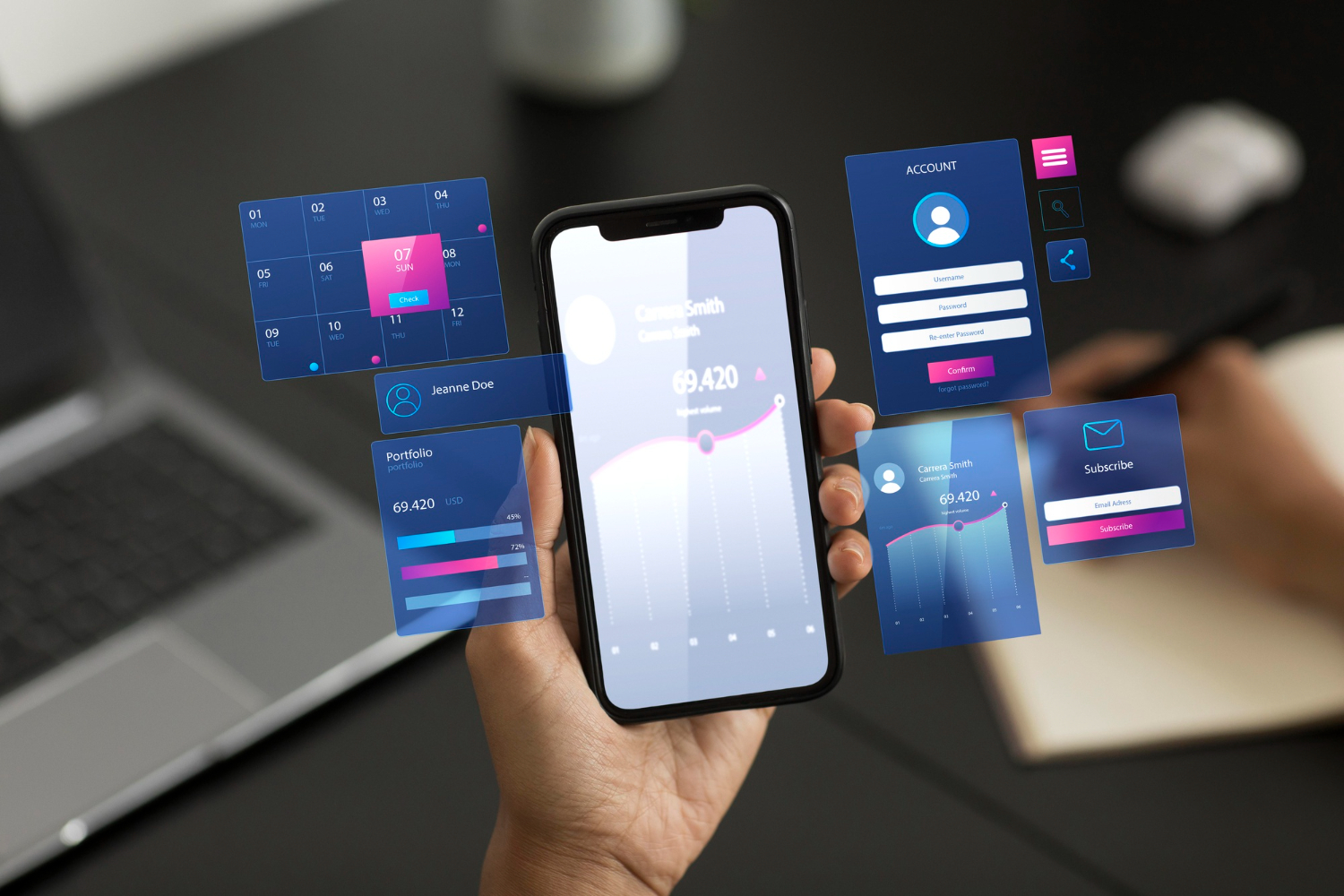Internal Articles
The Future of Data Professionals: New Skills and Evolving Roles

The digital transformation is reshaping the world, and data is at the heart of this revolution.
Data professionals—whether data scientists, data engineers, or data analysts—are at the center of it all. But, as with everything in technology, this field is constantly evolving. To keep up, we’ll need to develop new skills and even prepare for the emergence of entirely new roles.
Technical Skills: Beyond the Basics
Today, knowing how to code in Python, R, or SQL is almost a basic requirement. Data visualization tools like Tableau or Power BI are also on the “must-know” list. But the future will demand more. Much more.
Artificial Intelligence (AI) and Machine Learning (ML) are already part of many data professionals’ daily work, but these skills will need to deepen. It won’t be enough to just apply pre-built models; professionals will need to understand how to develop, fine-tune, and explain them. After all, with great power comes great responsibility—and the ethics of AI will become an increasingly critical topic.
Another skill that will gain prominence is cloud computing expertise. Platforms like AWS, Google Cloud, and Azure are already widely used, but the future will require professionals who can handle distributed data architectures and tools like Apache Kafka and Spark. Imagine processing and analyzing terabytes of data in real-time—that’s what we need to prepare for.
Soft Skills: The Game-Changer
Being a data genius won’t matter much if you can’t explain your findings clearly and convincingly. In the future, the ability to tell stories with data—what we call data storytelling—will be just as important as the analysis itself. After all, what’s the point of uncovering incredible insights if no one understands or cares about them?
Collaboration will also be key. Data professionals will need to work closely with business, marketing, operations, and even legal teams. And speaking of legal, data ethics and privacy will be hot topics. With regulations like GDPR in Europe and LGPD in Brazil, there’s no room for error when it comes to data security and responsible use.
New Roles: What’s on the Horizon?
As the field evolves, new roles will emerge. Some are already starting to take shape, while others are still on the horizon. Here are a few possibilities:
- AI/ML Engineer: This professional will be responsible for building and deploying machine learning models at scale. Think of someone who not only understands algorithms but also knows how to make them work in complex systems.
- Ethical Data Architect: With growing concerns around privacy and security, this specialist will ensure that data systems align with ethical standards and regulations.
- Real-Time Data Scientist: In a world where everything happens in real-time, this professional will analyze and interpret continuous data streams.
- Data Governance Specialist: This role will be crucial for ensuring data quality, security, and compliance within organizations.
- Digital Transformation Consultant (Data Focus): A hybrid between a strategic consultant and a data expert, helping companies navigate the digital age.
The Future Belongs to the Adaptable
The future of data professionals is incredibly promising, but it’s also full of challenges. To stand out, it won’t be enough to master technical skills—you’ll also need to develop soft skills and a deep understanding of the ethical implications of data use. And, of course, you’ll need to be ready for roles that don’t even exist yet.
The key to success? Adaptability. Those willing to continuously learn, reinvent themselves, and embrace change will stay ahead of the curve. After all, in a world where data is the new oil, the professionals who know how to extract, refine, and transform this resource will be the true protagonists.

